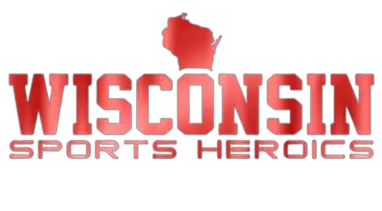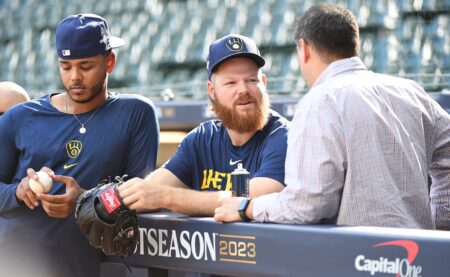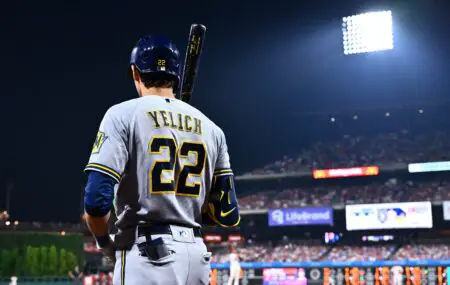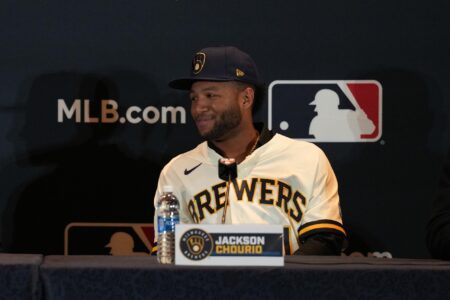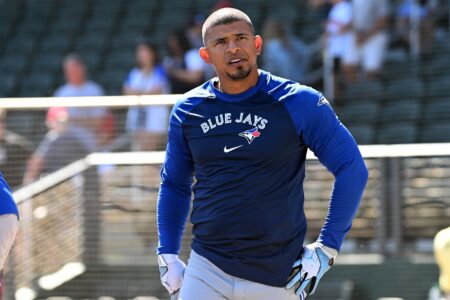There are two schools of thought regarding the designated hitter rule. You either love it or you hate it. Baseball purists view Major League Baseball’s rule 5.11 as a slap in the face to tradition and oppose further expansion. Others feel it is necessary for the National League to adopt the rule not only for the health and safety of players, but to keep fans interested in the game.
History
As early as 1906, and again in the 1920s, the idea of an extra hitter was floated but not adopted. In January 1973, Commissioner Bowie Kuhn and owners from both leagues met to discuss the possibility of the DH. At the time, the American League was lagging behind the NL in not only scoring but attendance. The owners voted to try the DH for the American League as a three-year experiment. They eventually adopted the designated hitter permanently, but the National League has held out.
Why Now?
For more than 47 years, the expansion of the DH to the National League has been discussed and debated. So what makes Spring 2020 different than any other year? The simple answer is COVID-19. The coronavirus suspended Spring Training and delayed regular season play indefinitely. MLB and the players’ union are currently negotiating if/when games can resume and how the games will be played.
Possibilities include:
- A shortened season with empty stadiums to start
- Playing teams that are close geographically, despite their NL/AL affiliation
- Lengthening the post-season
- Expanding the designated hitter across both leagues
It’s About Time!
The current push for the universal DH cites the rationale that it will protect pitchers during the potentially-shortened season. They can focus their energy on getting into gameday form. For many, this is a valid concern. Even in normal times, who doesn’t worry about one of their aces getting drilled by a pitch or hurt on the base path? Brewers fans, think Jimmy Nelson:
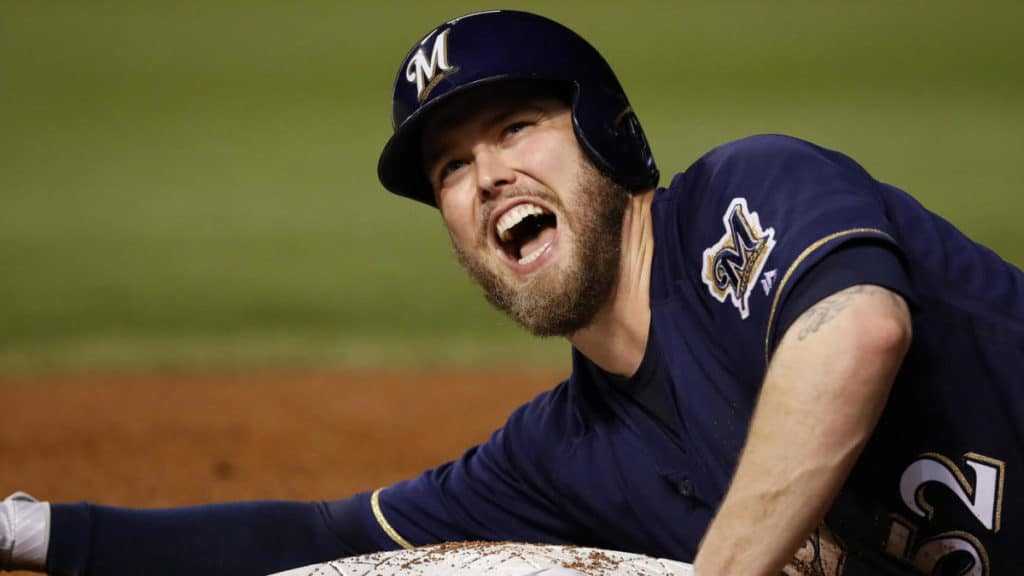
Additionally, if regular season games end up being regional interleague matchups, the universal DH will ensure consistency. The change could also result in increased salaries, something the players’ union can get behind.
Beyond 2020’s unique circumstances, many people think it is time for MLB to finally get with the times and extend the DH across both leagues. Imagine the NFL having different rules between the AFC and NFC for point after attempts. They also point to poor batting averages by pitchers and how unexciting bunts and strikeouts are to fans who crave a more exciting game.
Another argument in favor of the universal designated hitter is the role it can play in extending careers. Tony Gwynn once said of the DH, ” It’s great for players who’ve had great success in the game, but maybe can’t take the grind of playing a full season at the end of their careers. It allows them to stay in the game – and that’s a good thing.”
Even our beloved Brewers benefitted from the DH when The Crew was part of the AL. Did you realize Paul Molitor is the first hall-of famer to play more games as DH than any other position? Other famous designated hitters who extended their careers include Edgar Martinez, David Ortiz and Frank Thomas, to name a few.
Say It Ain’t So!
While some view the proposal as a step in the right direction, others are vehemently opposed. In the immortal words of Bull Durham‘s Crash Davis, “I believe there ought to be a constitutional amendment outlawing Astroturf and the designated hitter.”
Why such strong sentiments against the DH? First, the move takes away yet one more element of the original game. Traditionalists want the game to be played the way it was intended – with players playing both offense and defense. Next, some view the DH as dumbing down of the game. True players should be able to hit the ball and catch/pitch! Former pitcher Rich Wise put it this way, “The designated hitter rule is like letting someone else take Wilt Chamberlain’s free throws.”
Additional Concerns
Of major concern to MLB and the players is the worry over fan engagement. Proponents of the DH cite that watching pitchers make outs is unexciting. While pitcher batting averages may be low, the numbers don’t provide evidence that the DH changes things dramatically. In fact, scoring differences between AL and NL hitters last year was negligible, differing by only 0.4. And it’s not like the National League is lagging behind the AL in attendance. In fact, the NL drew 7 million more visitors last year than its counterpart, a difference of 24 percent.
In fact, the DH could have the unintended impact of reducing attendance as the game becomes less affordable for families. Why, you ask? Who do you think will be paying for the increased salaries that are expected as a result of the expansion? With player salaries growing each year, owners will surely pass the cost along to us. This becomes more and more frustrating for the average fan as our income does not increase at the rate of pro salaries and owner profits.
If the 2020 season is played, the American League could have a distinct advantage. National League teams did not make offseason moves to fill their current rosters with DH-caliber hitters. Finally, while the universal DH proposal is for this year only, it is a widely held belief that it will be difficult to go back once the change is made. NL teams who have made draft choices, farm system plans, and big league contract decisions based on the current system could be impacted for years to come.
Perhaps the most important impact the universal DH can have is summarized in one word, strategy. Game changing decisions like when to pull the pitcher, and who to have pinch hit are like chess moves, and exciting in their own way. The designated hitter can also reduce the number of players coming off the bench to bat. Not to mention the impact on double switches, which makes games more interesting.
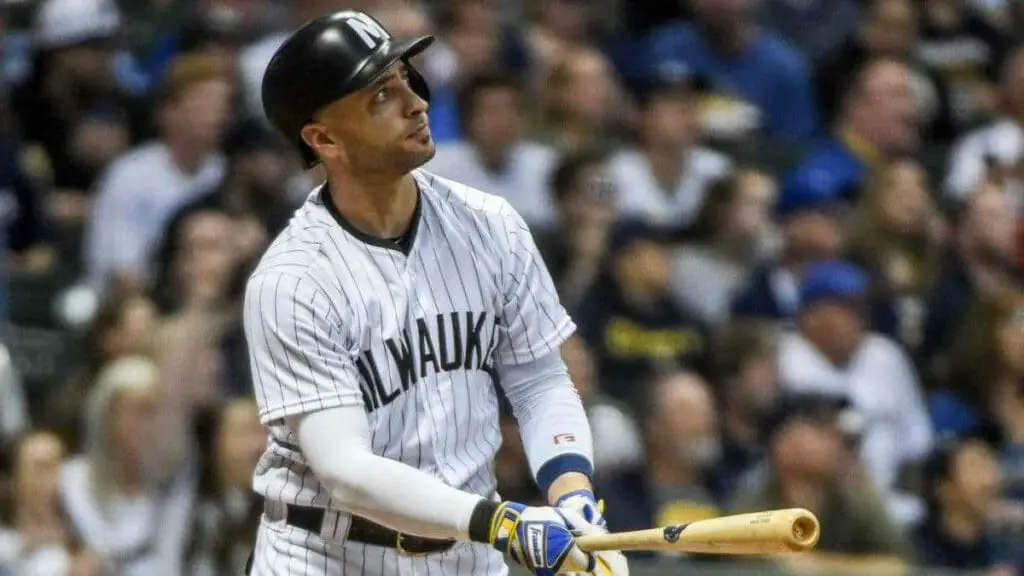
Potential Impact on Brewers
For the sake of argument, let’s presume the universal DH is a done deal. What could it mean for the NL Brewers?
- Ryan Braun, could split time in the position, hopefully keeping him healthier throughout the season
- Justin Smoak and possibly Logan Morrison could see additional playing time if Braun DHs, or as designated hitters themselves
- Keston Hiura could see some time at DH
- Outfielders Lorenzo Cain and Christian Yelich could get some time off defensively while keeping their bats in the lineup
So what do you think, Brewers fans? Thumbs up or thumbs down?
Follow us on Twitter at @OTHWisconsin for more great content! Also, be sure to check out the Overtime Heroics Forums page to join in on the discussion. To read more of our articles and keep up to date on the latest in Wisconsin sports, click here!
